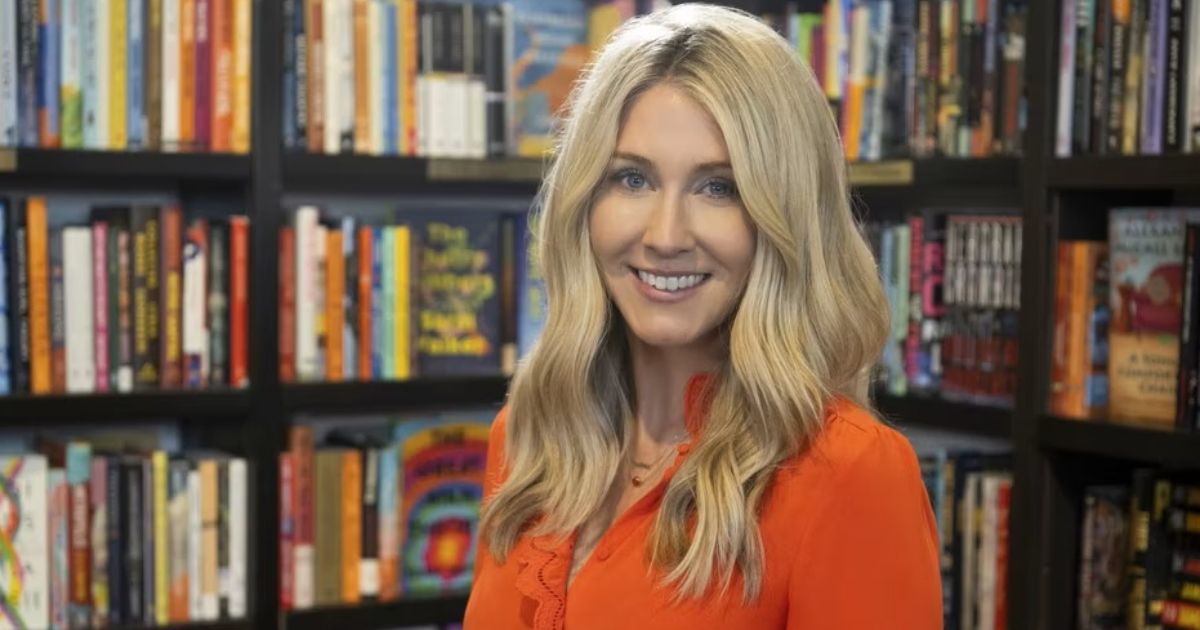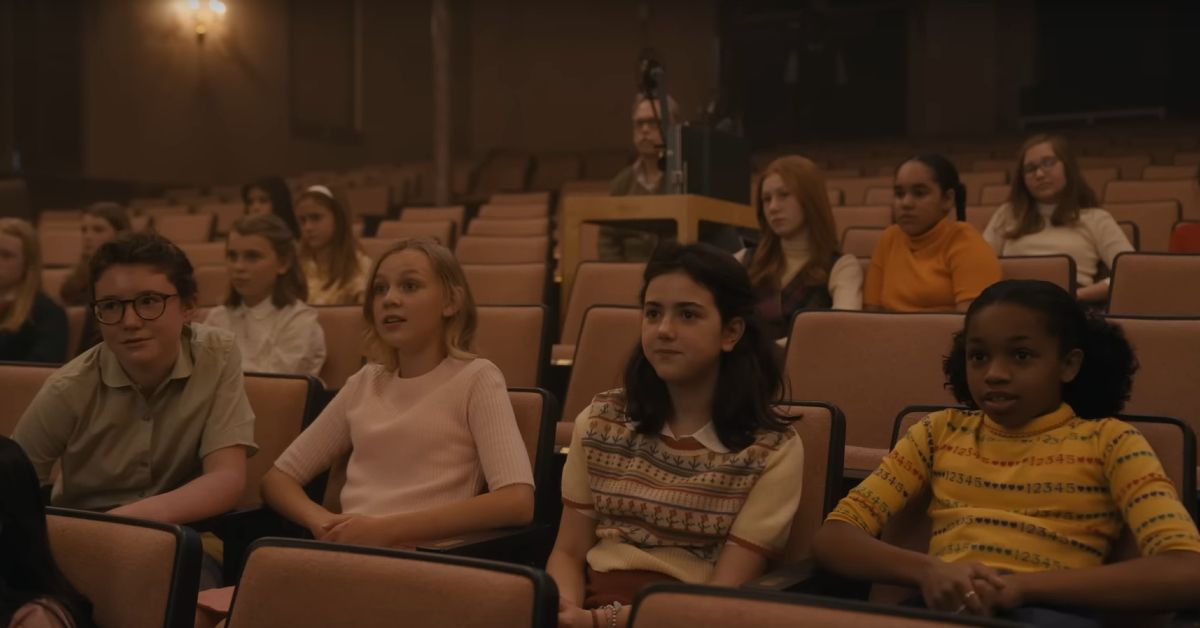In 1970, a book about a young girl's journey of self-discovery through faith and maturation would take the world by storm and help define the culture of the '70s. That novel, Are You There God? It’s Me, Margaret, remains a global success, and yet it lingered half a century without a cinematic adaptation, somewhat of a noble anomaly in the book-to-film pipeline of Hollywood. Finally, in 2018, author Judy Blume surprised her fans by tweeting, “So, which of my books, kids and/or adult, would you want to see adapted for series or movie?”
Having no idea that, at the same time, Academy Award-winning producer James L. Brooks (Terms of Endearment) and filmmaker Kelly Fremon Craig (The Edge of Seventeen) were discussing adapting Blume's work within their company, Gracie Films, Blume was letting her social media followers know that she was ready.
Blume ended the post with a proclamation just before Fremon Craig emailed a pitch to her in Key West, Florida. “I think the time has come,” she tweeted. Kismet.
And so began the production journey of the adaptation of Are You There God? It’s Me, Margaret.
Approaching a National Treasure
“When I wrote to Judy, I told myself not to get my hopes up that she’d ever actually read the letter, let alone reply,” said Fremon Craig, a second-time filmmaker who became the director and a producer in addition to being the screenwriter.
In her email to Blume, Fremon Craig noted that the great author had been a North Star-style inspiration to her while she was making her debut film, The Edge of Seventeen (a subversive, Blume-ian movie itself). As fairy tales go, Blume would later share that she was a fan of The Edge of Seventeen.
Like so many others across the globe, Blume’s writing had buoyed Fremon Craig through her childhood and adolescence. “She was the person who made me fall in love with reading, and eventually, writing,” she said.
James L. Brooks, mentor to Fremon Craig for the project — and producer of Terms of Endearment, Jerry Maguire and The Simpsons — reflected on the first meeting before the green-light:
"We got to [Blume’s] apartment and her husband, George Cooper, was sitting off in the corner. I wanted to talk about the realities of what happens when you adapt a book. Judy is a national treasure. I was a little awed by her, so I was awkward and went on a while. Then, we all looked at each other. George, who had been monitoring the whole exchange, said his first words, ‘We’re doing this, aren’t we?' And we all hugged, and that’s how it started."
The Pressure to Stay True to Margaret
“I absolutely felt just an enormous responsibility,” said Fremon Craig, "because I love Judy Blume. It was so important to me to make something that she was proud of, and that felt like it was really a reflection of her work, an extension of her work in a way. So there was a period of having to shake off the pressure. When I first sat down to write, it was kind of paralyzing.” Fremon Craig spent roughly a year on the script, determined for the adaptation to stay unusually loyal to Blume’s text.
It would have seemed likely for producers to steer away from mentioning God in times when doing so can feel like a controversial topic, considering that God isn’t even allowed to be mentioned in most public schools. However, Fremon Craig did not cancel God from the adaptation, as is evident in the title of the film retaining the novel's peculiar boldness.
When asked about the decision to keep God in, Brooks responded, "I think there's nothing we discussed more than those conversations. They were worth it. I think one of the most important lines in the picture was during her first prayer when Margaret asked if God's there for the first time. She says, 'I've heard a lot about you.' That line always meant so much to me, because it de-mythized it. It just made it very personal between a little girl and her search for God."
Not even the setting — New Jersey in the 1970s — was changed. “One of the most amazing things about the book is how timeless it is. I read it in 1990 and assumed it was contemporary,” said Fremon Craig. “I never thought about setting it modern-day. The time period was important to me not only because it’s true to the book, but because it shows just how connected we all are. There is something reassuring about knowing our moms and grandmas and all women throughout history have gone through the same thing.”
Diversifying Are You There God? It's Me, Margaret
“An adaptation requires you to make certain changes, but every change I made felt like a betrayal in some way," explained Fremon Craig. "But eventually, I realized that as long as I delivered the spirit of the book and the feeling of the book, then I was doing right by it. That helped me release some of that pressure and just focus on that.”
Fremon Craig noted that Blume not only understood that an adaptation requires adjustments, the author, herself, even pitched ideas for it. “She was a real creative partner. I’m so grateful to have had her generous and open-minded collaboration,” she added. This collaborative effort led to the decision to re-imagine several characters for the film as African-American instead of Caucasian as in the novel.
On the subject of making sure diversity was a deliberate part of the adaptation, Fremon Craig said, “Representation is really important to me. It's part of why I wanted to write, and I wanted to make films. In a lot of ways, I didn't see stories about women. I didn't see stories about my friends who were different races. It felt like that needed to change. And with this story, in particular, I want all girls to see themselves reflected in it. That feels important."
It would seem impossible to improve upon a classic. With over nine million copies sold globally, 'relatable' is often a word used by readers to describe why Are You There God? It’s Me, Margaret is so beloved. The book's subject areas — pre-teen angst, puberty, friendship, finding faith, family dynamics — all brings readers together more than they isolate. And yet, the inclusiveness of other races in the adaptation polishes up this treasured gem.
Regarding the decision to make diversification a part of the adaptation, Brooks added, “It was logical. And it worked.”
Gracie Films production, Lionsgate is releasing Are You There God? It's Me, Margaret on Friday, April 28, 2023.



